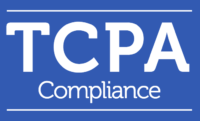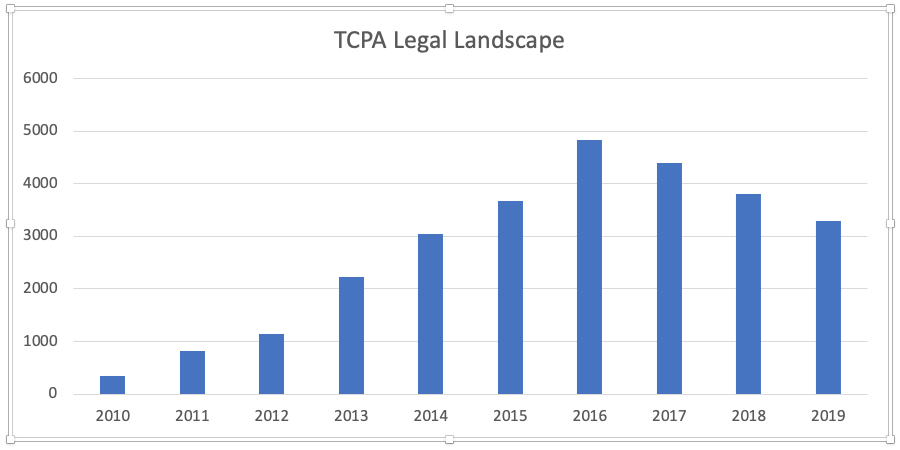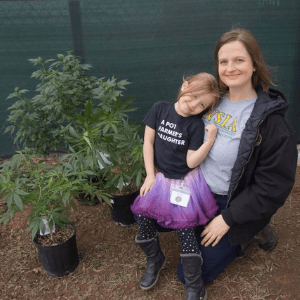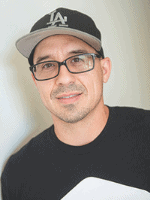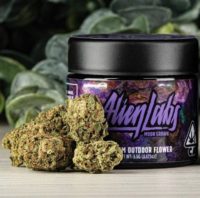In a press release sent out this week, A2LA announced they have accredited Cannalytics to ISO 17025:2017. With the finalized accreditation in December 2020, Cannalytics is the first cannabis testing laboratory in Puerto Rico to get accredited to the standard.
![]() Jorge Diaz, owner and director of Cannalytics, says their two main objectives are business excellence and quality. “Being the first ISO/IEC 17025 accredited cannabis laboratory in Puerto Rico affirms our mission to provide continuous quality science to our clients while safeguarding the health of Puerto Rico’s medical cannabis patients,” says Diaz.
Jorge Diaz, owner and director of Cannalytics, says their two main objectives are business excellence and quality. “Being the first ISO/IEC 17025 accredited cannabis laboratory in Puerto Rico affirms our mission to provide continuous quality science to our clients while safeguarding the health of Puerto Rico’s medical cannabis patients,” says Diaz.
Cannalytics is a medical cannabis and hemp testing lab based in San Juan, Puerto Rico. They offer compliance and R&D analysis in their suite of testing services.
“We are glad to see the continued growth of our cannabis program in a new territory, which further promotes the value that accreditation adds in ensuring quality in this emerging industry,” says Anna Williams, A2LA Accreditation Supervisor.

